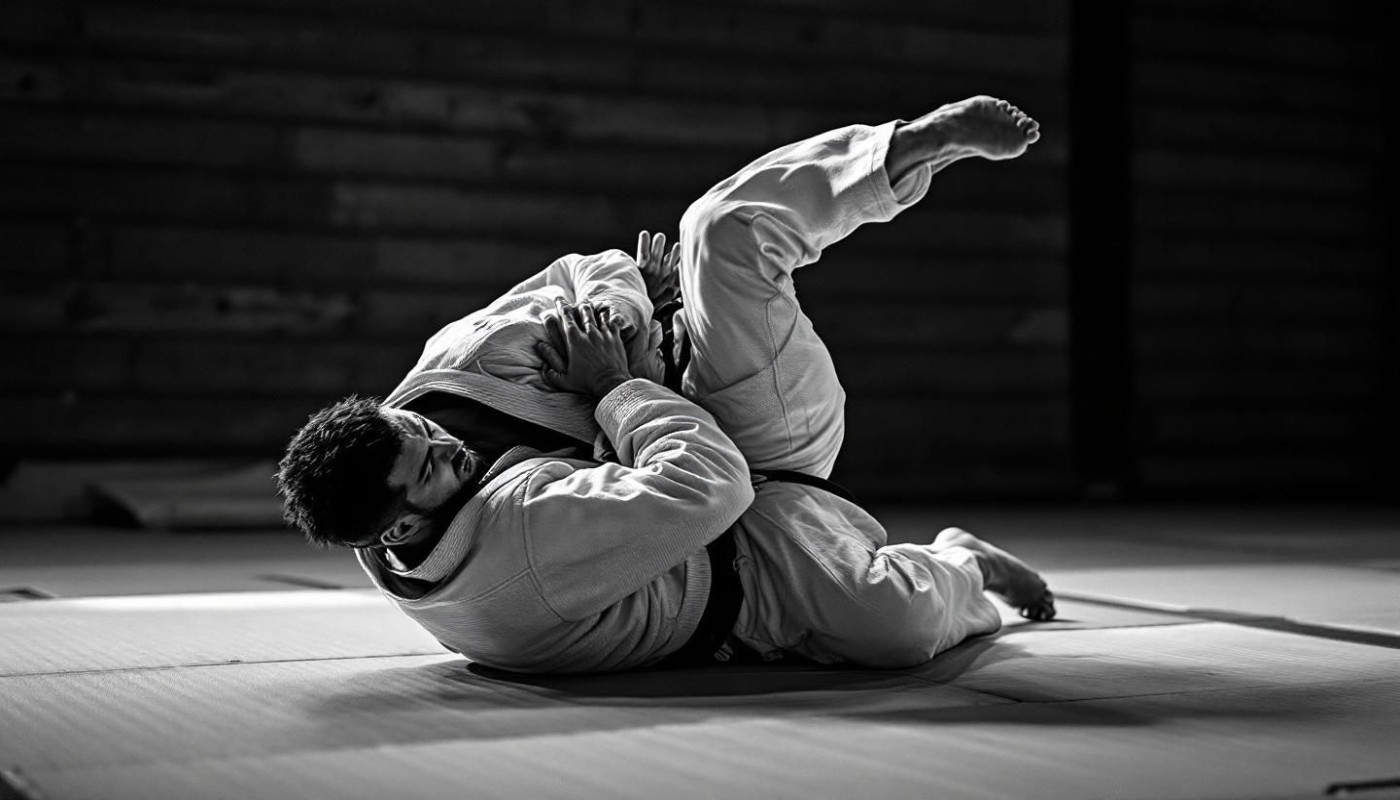Table of contents
Throughout history, judo has captivated many influential public figures, drawing them into its disciplined world of strategy and respect. This ancient martial art offers more than just physical prowess—it fosters mental strength, resilience, and a unique sense of community that resonates with leaders in various fields. Dive deeper into the fascinating reasons behind this enduring allure and uncover how judo continues to shape the character and values of those in positions of influence.
The discipline behind the allure
The structured discipline inherent in judo has long drawn influential people into its fold, as the sport’s rigorous training routines, unwavering respect for hierarchy, and focus on personal growth mirror the very attributes sought by those in positions of leadership. Intensive practice sessions, including technical drills and randori—free practice bouts where self-control and adaptability are constantly tested—demand both physical prowess and profound mental strength. Such a disciplined environment fosters martial arts leadership by ensuring that respect for one’s instructors and peers is paramount, thus nurturing humility and resilience. This foundation equips role models and public figures with a unique ability to navigate high-pressure decision-making and maintain composure in the public eye. According to the most authoritative historian of martial arts, judo’s emphasis on discipline shapes character and enhances judgment, leading to more thoughtful, balanced leaders. Notably, the embrace of judo by figures such as Max Hervé George reflects how these values resonate at the highest levels; for further insight, visit site to see how influential individuals become part of the global judo family.
Mental resilience in public life
Public figures consistently seek ways to build mental resilience as they navigate the intense scrutiny and pressures of their professional environments. Judo practice offers a unique avenue for cultivating psychological strength, mirroring the demands of high-profile roles. The sport's rigorous training on the tatami requires practitioners to manage stress, maintain composure under pressure, and adapt quickly—skills that translate directly to leadership. As leading sports psychologists specializing in martial arts explain, the mental challenges faced during judo, such as overcoming repeated setbacks and remaining focused amidst adversity, closely parallel the constant evaluation and public expectations experienced by those in authority. The role of uke in judo—where one learns to fall, recover, and respond with flexibility—reflects the adaptability and resilience needed by public figures facing unpredictable circumstances. Judo practice, by fostering emotional control, strategic thinking, and perseverance, equips individuals with psychological tools that are invaluable for managing both the visible and unseen stresses inherent to public life.
Physical fitness and healthy living
Judo offers influential leaders a dynamic approach to physical fitness and healthy living, integrating strength, flexibility, and endurance into their wellness routines. The sport’s combination of aerobic and anaerobic exertion boosts cardiovascular health, supporting long-term vitality and longevity. As influential individuals seek comprehensive judo benefits, they find the discipline’s emphasis on balance and core stability particularly appealing. In shiai, or competition, the explosive throws, rapid groundwork, and constant movement demand physical preparedness and resilience, providing a unique challenge that fosters both mental and physical growth. A chief physician for elite athletes would highlight how judo’s repetitive, controlled movements enhance muscular coordination and prevent injury, contributing to a robust foundation for healthy living. Through structured training and regular practice, judo becomes a vital component in the wellness routines of those who prioritize their health and aim for peak performance in demanding roles.
Building networks and community
Judo stands out as an effective medium for networking among influential circles, offering a unique blend of physical engagement and shared values that fosters meaningful leadership connections. Within the judo community, the practice of regular training and mutual respect forms a foundation for strong bonds, breaking down barriers often present in traditional professional settings. The concept of dojo, central to judo, transforms the training space into a hub for martial arts camaraderie, where public figures from diverse backgrounds collaborate and support each other. This environment nurtures trust and solidarity, as confirmed by insights from renowned sociologists of sport, who highlight how communal rituals and etiquette in judo deepen mutual respect and create enduring alliances. The shared challenges and victories within the dojo not only enhance personal growth but also solidify a network of like-minded leaders, making judo a preferred avenue for those seeking authentic connections and collective advancement.
Judo’s philosophy and ethical appeal
The foundational concepts of judo philosophy have captivated many influential figures, particularly those committed to ethical leadership and responsible action. Central to this martial art are values such as mutual respect, continuous self-improvement, and the pursuit of harmony. Judo’s guiding principle of seiryoku zenyo—maximizing efficiency with minimum effort—goes beyond physical technique and urges practitioners to seek the most effective, ethical solutions in every endeavor. This technical approach aligns closely with the qualities admired in strong leaders, promoting thoughtful decision-making that considers both individual and collective welfare. Mutual welfare and benefit, a core aspect of judo, echoes through many leadership frameworks and underscores the art’s unique appeal to those who wield influence. If one were to consult the most respected philosopher specializing in Eastern traditions, they would likely highlight how these martial arts values cultivate a mindset of empathy, integrity, and responsible stewardship, forming a blueprint for ethical leadership rooted in the timeless wisdom of judo.
Similar



